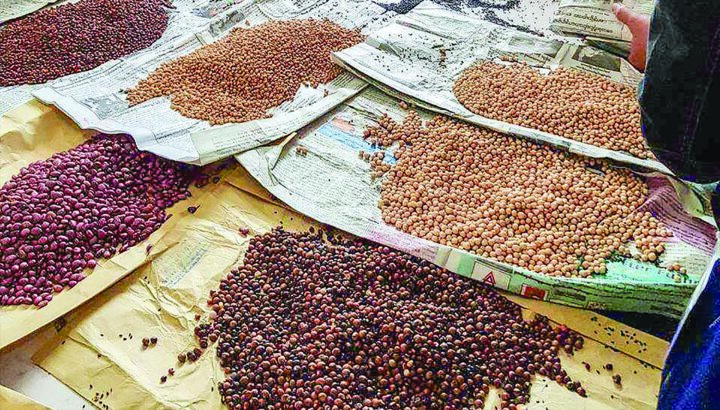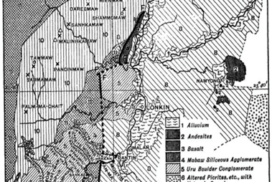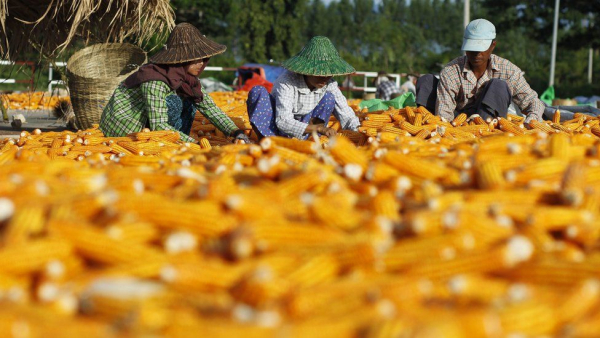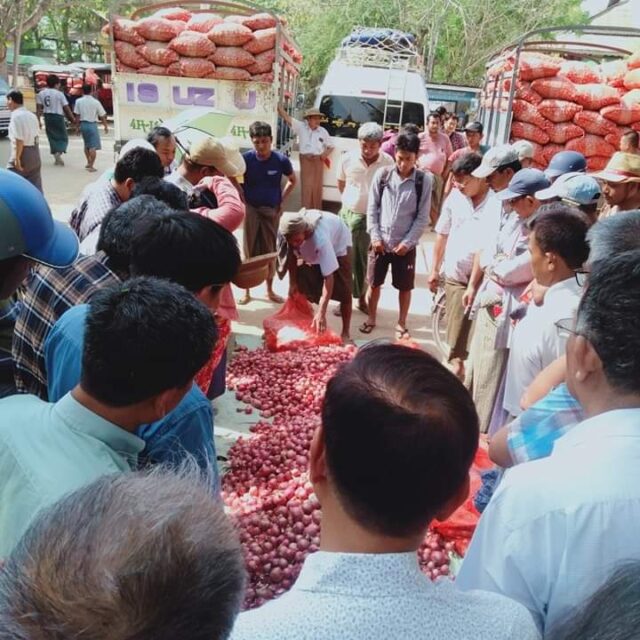Myanmar pulses market sees the price drop after India set the stock limit for processors, millers, importers, wholesalers and retailers in early July.
The prices of black gram (urad) showed a decrease of K14,500-29,500 within a week (8-15 July). Similarly, the price of pigeon pea is also down by K10,000, as per data of Ba Yint Naung Wholesale Centre.
In the first week of July, the Department of Consumer Affairs of India issued an order to impose stock holding limits on all pulses for a period up to 31 October 2021. This limit impacted Myanmar’s pulses market, driving the price down. Furthermore, the commodity depots are closed amid the COVID-19 surge.
The black bean touched a high of K1,144,500-1,284,500 per tonne on 8 July, whereas the price dipped to K1,115,000-1,270,000 per tonne. Also, the price of pigeon peas declined from K1,130,000 to K1,120,000 per tonne within a week.
Black gram fetched only K880,000 per tonne in April-end, Bayintnaung Wholesale Market data showed.
Myanmar can export 250,000 tonnes of black gram (urad) and 100,000 tonnes of pigeon peas under the G-to-G (government to government) pact during the April-March period between the 2021-2022 financial year and the 2025-2026FY. The bilateral negotiations for the G-to-G pact started in 2016, and the two countries signed an MoU on 18 June 2021.
Additionally, this G-to-G pact will not relate to India’s yearly quota on bean import. Therefore, Myanmar exporters can ship them under the yearly quota as well.
In May 2021, India’s Ministry of Agriculture and Farmers Welfare approved not only black gram but also other pulses being imported from Myanmar that have the bill of lading up to October-end 2021, with relaxations of conditions regarding clearance consignment.
Following the policy change of India’s pulses import, the prices of black gram and pigeon peas have risen in the domestic market in late June and the first week of July.
India experienced some damages to their farms due to erratic weather, resulting in a yield drop. Consequently, India’s ministry gave the green light to the relaxations of conditions for imports of pulses from Myanmar. Nonetheless, India’s stock limit on pulses affects the Myanmar bean market somehow at present.
The number of bean acreage is expected to increase in the coming season following the relaxations, said a market observer.
India has set an import quota on beans, including black gram and pigeon peas, since 2017. Myanmar earlier had to export black bean and pigeon peas under the quota system and limit period. The local growers were battered by quota and price manipulation in the previous years.
Myanmar exported over 431,264 tonnes of the black gram to foreign countries as of 18 June, generating an income of US$335.67 million, according to the Ministry of Commerce.
Myanmar shipped over 1.6 million tonnes of different varieties of pulses, especially mung beans, with an estimated worth of US$1 billion, to other counties in the FY2018-2019. During the last FY2019-2020 ended 30 September, the country delivered 1.6 million tonnes with an estimated value of $1.195 billion. — MM/GNLM
India stock limit on pulses impact Myanmar market
- July 16, 2021
- 623















